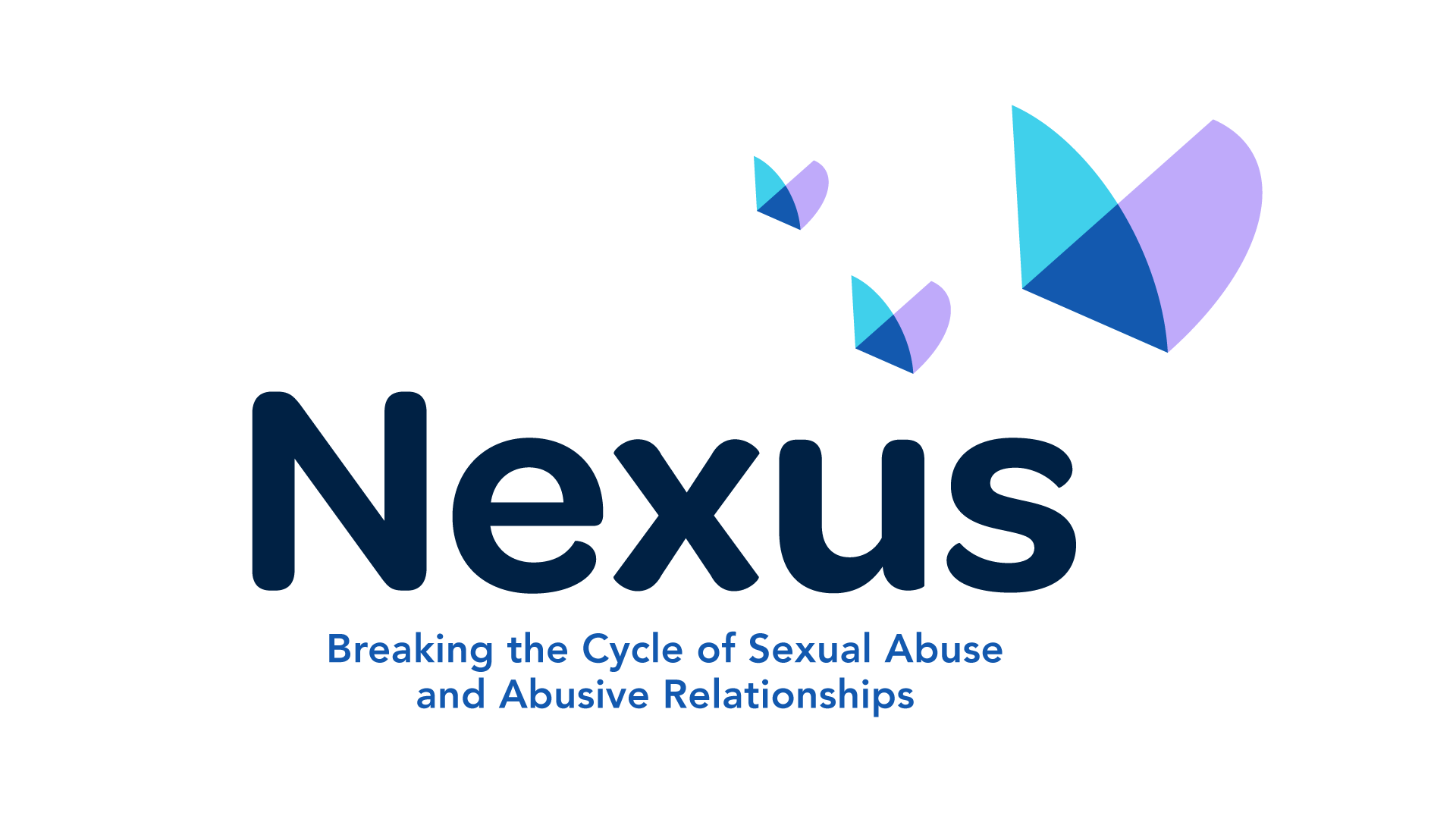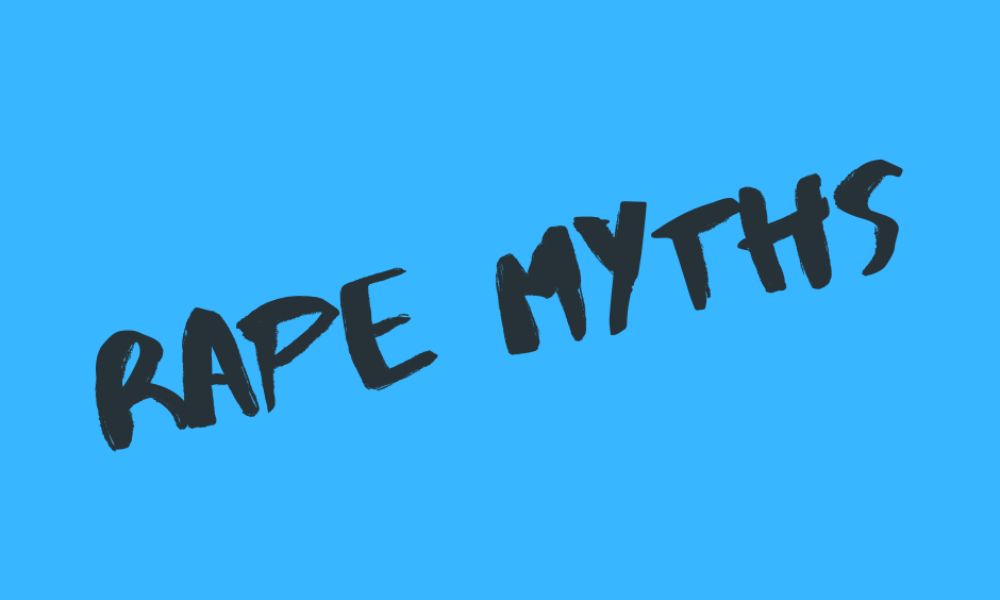UNDERSTANDING RAPE MYTHS
What is a rape myth?
A rape myth is a prejudicial belief or attitude towards the concept of rape and victims and survivors of sexual violence. They can be defined as “descriptive or prescriptive beliefs about rape (i.e., about its causes, context, consequences, perpetrators, victims, and their interaction) that serve to deny, downplay or justify sexual violence that men commit against women (Gerger et al, 2007) cited in Leverick (2020).”
Types of rape myths
There are several types of rape myth such as:
- Myths focused on victim
- It cannot be rape as they did not shout for help, fight back or sustain injuries
- Their behaviour means they must have wanted sex, such as how they were dressed, by flirting and therefore encouraging sexual contact
- If they was drunk or walking alone at night, then it’s their own fault as they didn’t do enough to protect themself
- Men cannot be raped
- If someone has consented to sex once, they consent every time
Myths focused on perpetrator
- They are only making the allegation to get back at the perpetrator, and people often make false allegations
- When they perpetrator is aroused or is passionate, it is not physically possible for them to stop
- It is commonly believed that victims are only raped or sexually assaulted by strangers
However, research shows: “the majority of reported rape offences (280 cases, 70.7%) were committed by people known to the victim (e.g., domestic and acquaintance rapes), occurred inside a residence, with most victims sustaining no physical injuries from the attack. (Waterhouse et al, 2016)
Effect of rape myths
These myths have the effect of blaming (at least in part) the victim of the rape, or providing excuses for the behaviour of the perpetrator.
They can have a devastating emotional effect on a victim of sexual violence, including feelings of shame.
Such myths can act as a barrier to a victim making a disclosure or seeking help
The focus of rape myths is often on the victim’s behaviour as opposed to the perpetrators.
The impact of rape myths in jury trials can be significant: “there is overwhelming evidence that rape myths affect the way in which jurors evaluate evidence in rape cases… (Leverick 2020). This paper looked at several studies which were conducted using mock jurors.
Support and advice
Nexus has over 35 years’ experience offering a specialist professional counselling service to victims and survivors of sexual trauma.
Nexus also provides training and education workshops across Northern Ireland on topics such as consent, relationship and sexuality education, internet safety and child sexual exploitation.
Additionally, Nexus manages Northern Ireland’s 24 hour Domestic and Sexual Abuse helpline.
If you need help and support or if you’re concerned about someone you know contact the helpline on 0808 802 1414; email help@dsahelpline.org or go to www.dsahelpline.org or info and web chat.





